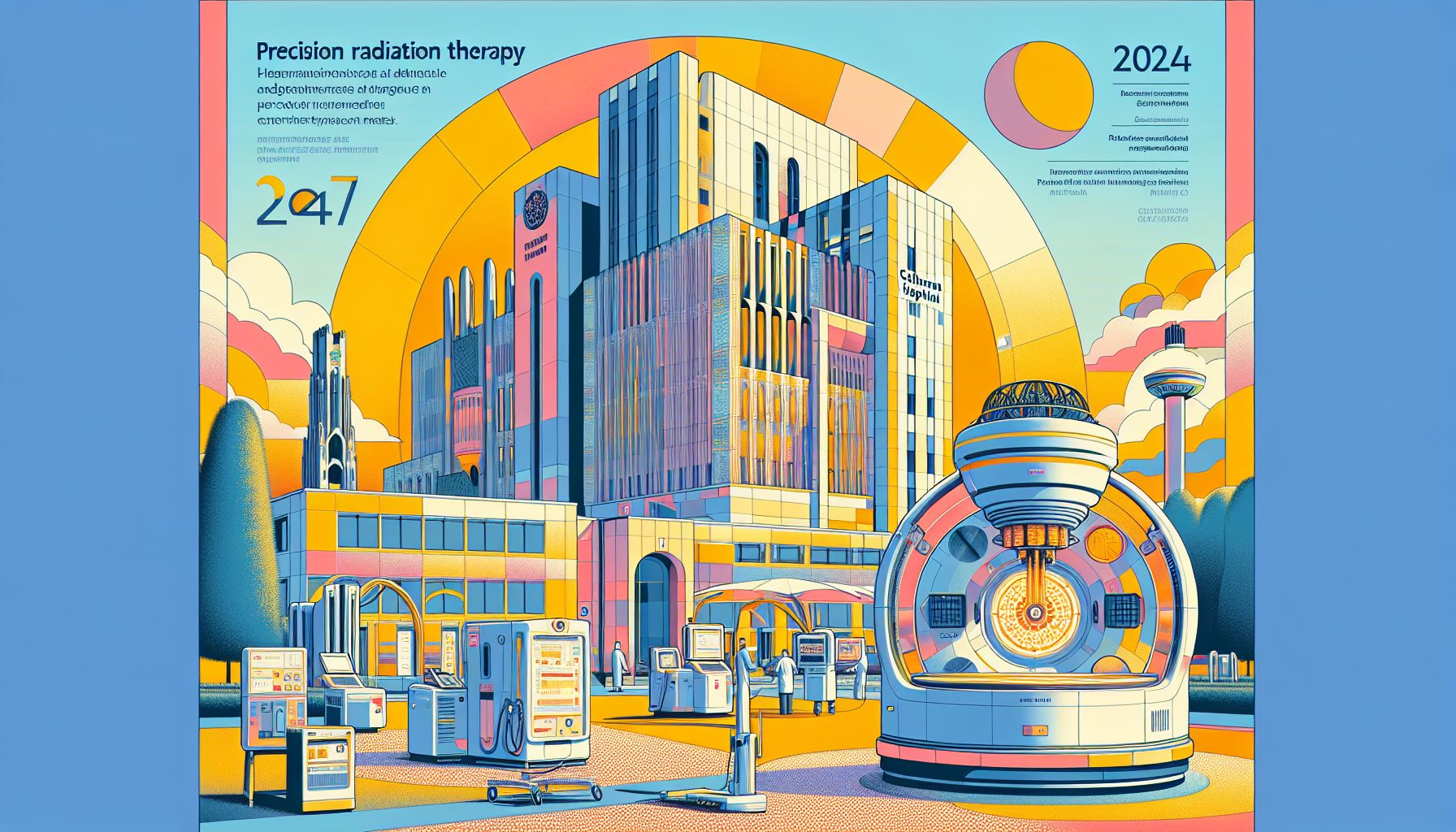Catharina Hospital's Precision Radiation Therapy Enhances Cancer Treatment

Catharina Hospital in Eindhoven has improved radiation therapy, reducing the number of treatments and invasiveness. On June 7, 2024, this will be discussed at MedTech Day.
Introduction to Precision Radiation Therapy
The advancements in radiation therapy at Catharina Hospital signify an important milestone in cancer treatment. With the technology to irradiate more precisely, patients now benefit from fewer treatments and less invasive procedures. This innovation will be highlighted by Coen Hurkmans, a clinical physicist at Catharina Hospital, during his inaugural address at MedTech Day on June 7, 2024, at Eindhoven University of Technology.
The Role of Collaboration
A key factor in these advancements is the collaboration between Catharina Hospital and Eindhoven University of Technology. According to Hurkmans, ‘The cross-pollination between the hospital and the university ensures that innovations get into practice faster. That is incredibly important in healthcare.’ This partnership has accelerated the implementation of cutting-edge technologies, such as artificial intelligence (AI), which have been crucial in enhancing the precision of radiation therapy.
Benefits of Precision Radiation Therapy
Precision radiation therapy offers numerous benefits, including reduced treatment durations and minimized side effects. By targeting only the tumor and sparing healthy tissue, the therapy has become less invasive and more effective. For instance, the number of treatments for prostate cancer patients has been reduced from twenty to just five, significantly easing the burden on patients.
Technological Innovations
The integration of AI in radiation therapy has been a game-changer. AI enhances image quality and assists in delineating target areas for radiation, ensuring higher accuracy. ‘We can irradiate more and more precisely. That has many advantages, fewer treatments are needed and it is less invasive for patients,’ Hurkmans explains.
Global Context and Future Prospects
Globally, there is a shortage of advanced radiation therapy equipment, especially in low and middle-income countries. Innovations like those at Catharina Hospital could play a vital role in addressing these gaps. As Hurkmans points out, ‘We cannot expect a major breakthrough every year. In healthcare, it is important to improve, see how things are going, and then build on that. It’s a slow process.’ The gradual yet consistent improvements in radiation therapy are paving the way for more effective cancer treatments worldwide.

